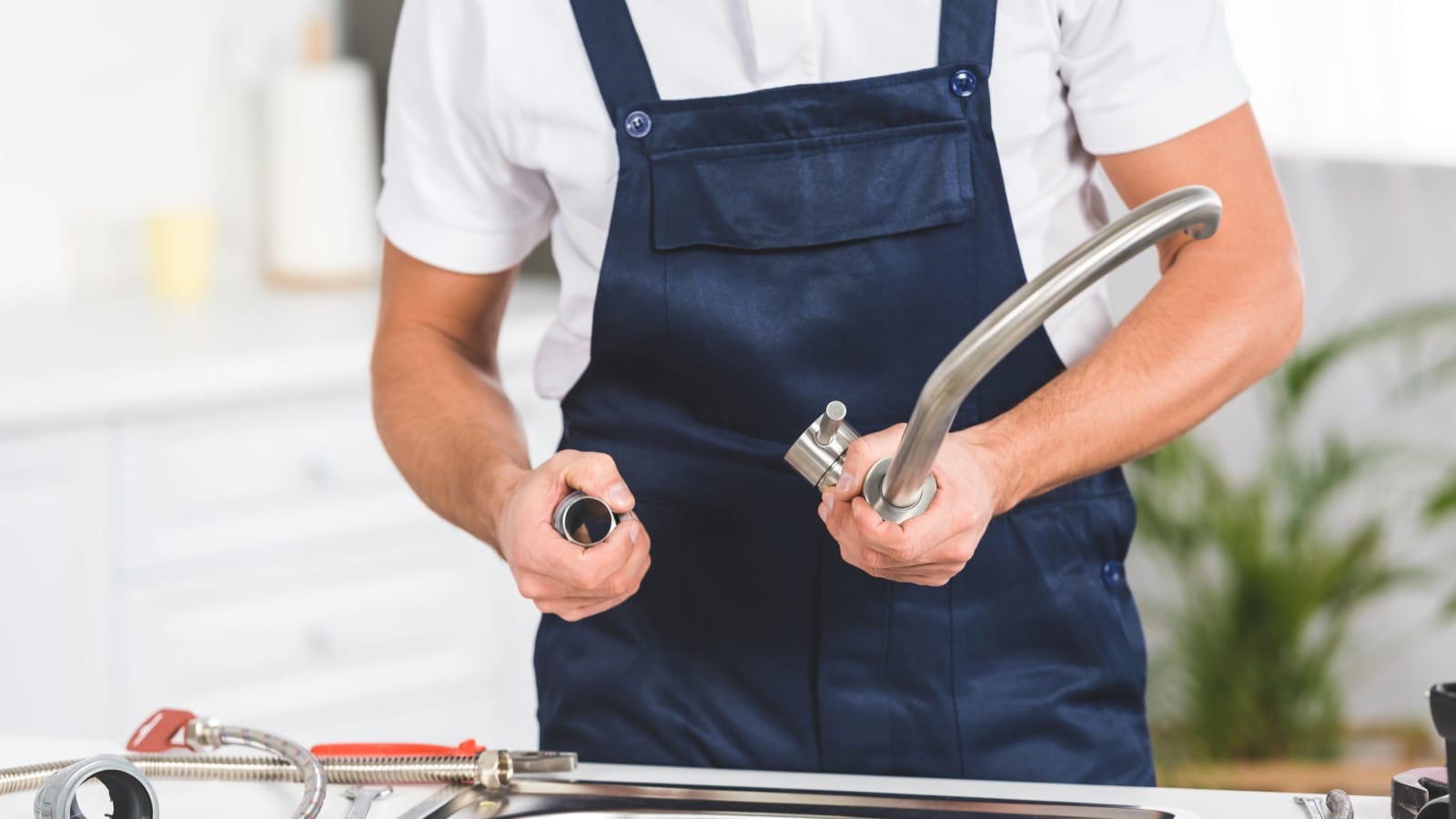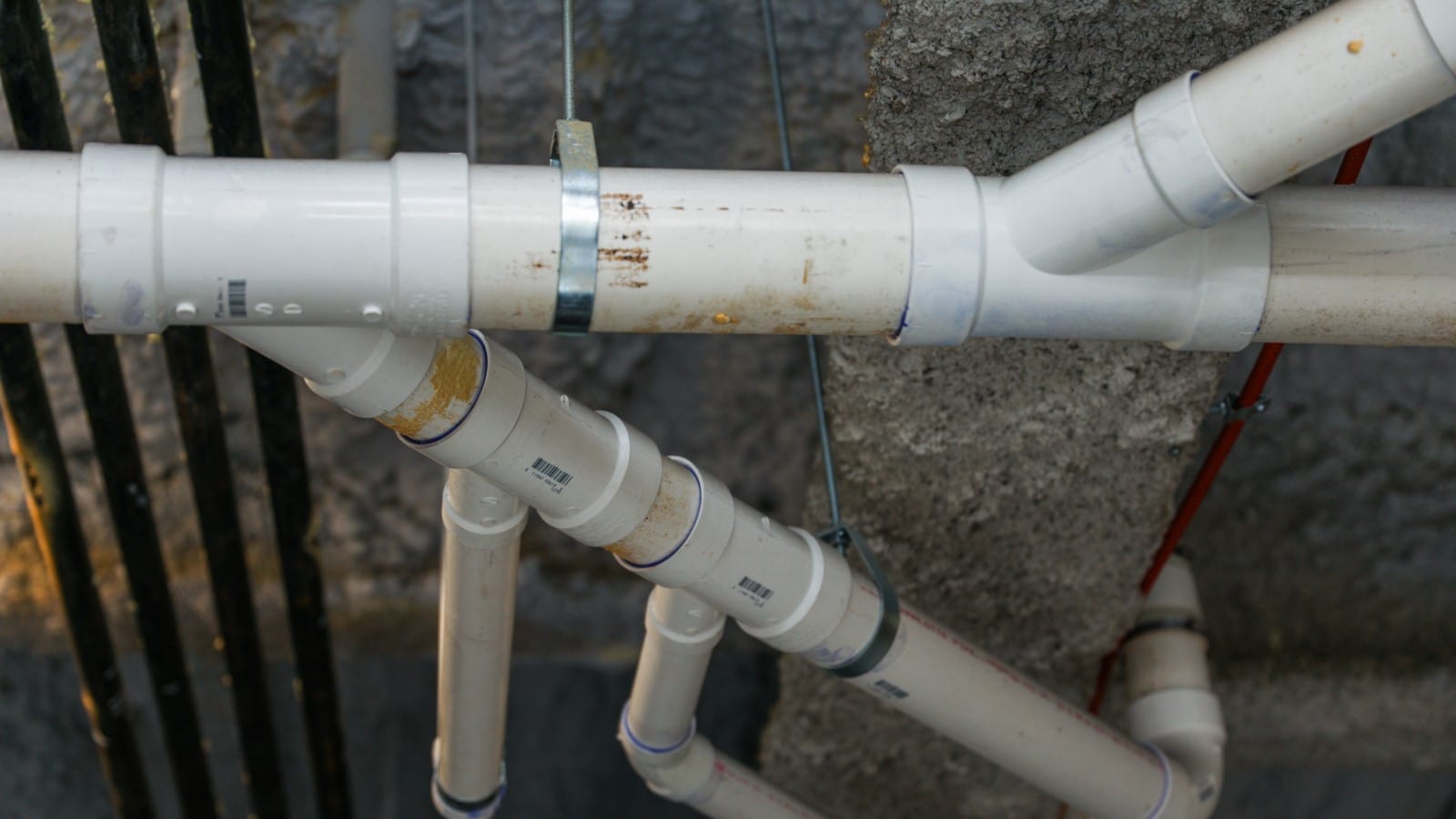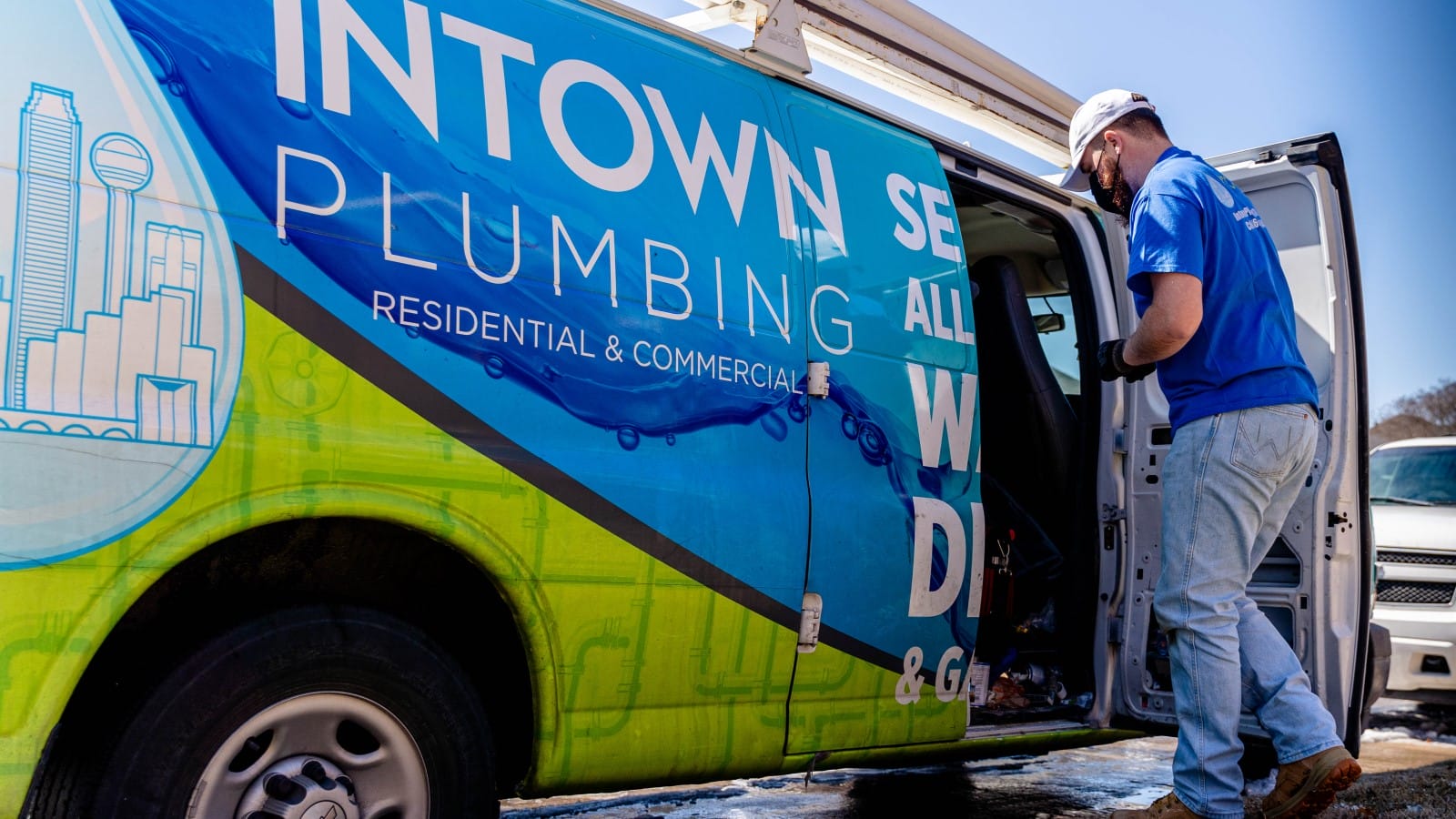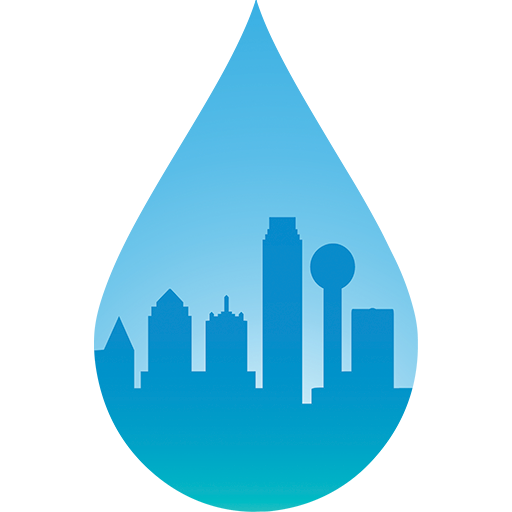Have you ever tackled a plumbing project only to find yourself in deeper water than you started? From over-tightened pipes that suddenly burst to the mysterious gurgle of the drain, plumbing mishaps are not just common—they can be costly. Understanding the typical pitfalls can save you both the panic of a plumbing catastrophe and the dent in your wallet.
What You Will Find Out
- Why using too much liquid drain cleaner can do more harm than good to your pipes.
- The critical importance of correctly installing a p-trap to prevent unwanted sewer gases.
- How improper water pressure management can lead to plumbing problems.
- The consequences of using mismatched coupling and the wrong supply tubes in your plumbing system.
This article will guide you through the common plumbing mistakes that DIYers make, offering practical advice on how to avoid these blunders.
Using Too Much Drain Cleaner
Relying exclusively on chemical drain cleaners can lead to significant plumbing issues. Although they effectively clear clogs, their regular use can corrode pipes, leading to leaks and more severe complications. Instead of automatically turning to chemical solutions, consider using mechanical methods like a barbed drain cleaning tool or a plunger, which can manage minor clogs without damaging your plumbing.
- Alternatives to Chemicals:
- First attempt plunging: Often, effective plunging can resolve a clog without chemicals.
- Utilize a drain snake: This inexpensive tool can physically remove blockages without the harsh effects of chemicals.
- Maintain drains naturally: Using baking soda and vinegar regularly can help keep drains clear without the adverse effects of chemical cleaners.
Turn Off the Water: A Crucial Step
Forgetting to shut off the water supply before starting repairs is one of the most common oversights made by DIYers but it can result in extensive water damage. Whether replacing a valve or just tightening a leaky faucet, always make it a priority to turn it off to prevent potential disasters.
- Steps to Shut Off the Water:
- Find your main water shut-off valve, usually near the water meter.
- Turn the valve clockwise to stop the water supply to your home.
- Open a faucet lower than the area you’re working on to drain any remaining water in the pipes.
Copper Pipe: Handling With Care to Prevent Leaks
Copper pipes demand a careful approach to avoid common errors such as over-tightening and improper soldering, which can lead to leaks. When working with them, make sure the pipes are clean and dry, use suitable flux, and apply heat evenly during soldering. Over-tightening can deform copper, leading to breaks and leaks as time passes.
- Best Practices for Pipe Installations:
- Always thoroughly clean pipe ends and fittings before soldering to ensure a clean, leak-free joint.
- Avoid applying excessive force when tightening copper fittings.
- Use lead-free solder and appropriate soldering techniques to ensure strong, compliant connections.
Common Mistakes in DIY Plumbing: Recognizing and Avoiding
Starting a project with confidence, many homeowners encounter issues due to using inappropriate tools or materials. Before beginning any plumbing task, familiarize yourself with the specific requirements, such as choosing the correct type of pipe, understanding the importance of ventilation in drain lines, and ensuring all connections are secure but not overly tight.
- Tips to Avoid Common DIY Errors:
- Prepare thoroughly: Understand the scope and requirements of your project before starting.
- Assemble the correct materials: Ensure you have all the necessary tools and materials beforehand.
- Adhere to local plumbing codes: Comply with local regulations to avoid costly adjustments later.
Plumbing Jobs Best Left to a Professional
Some repairs, while seeming simple, can escalate into complex issues best handled by a professional. Errors in major plumbing repairs can lead to serious consequences, including significant water damage, code violations, and health hazards from improperly vented drains. When uncertain, opting for a professional is safer and often more cost-effective in the long run.
- When to Call a Professional Plumber:
- For major installations like water heaters and main line repairs.
- Any work involving gas lines.
- Significant renovations that change the existing plumbing layout.
Understanding and steering clear of common mistakes helps homeowners maintain their systems effectively and avoid the pitfalls that lead to costly repairs. Regular maintenance, correct tool usage, and recognizing when to consult a professional are key to ensuring your home’s plumbing remains in excellent condition.





